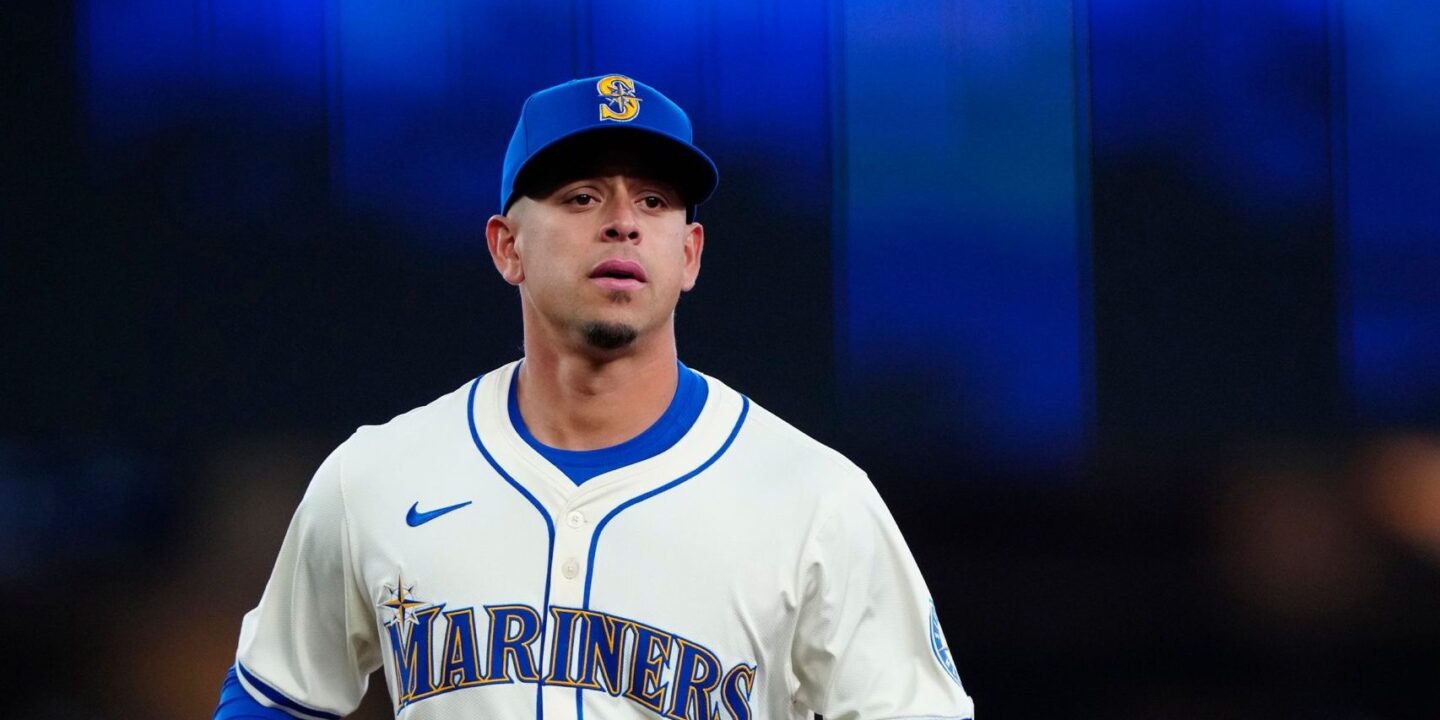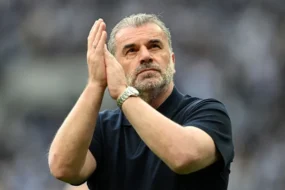Early years and first steps in pro ball
Rivas grew up in Venezuela with a familiar dream. Like so many kids who spend afternoons on dusty fields, he wanted to play in the big leagues. In 2014 he signed with the Los Angeles Angels as an international free agent. Coaches noticed quick feet, a compact left side and right side swing, and a calm way of reading the game. From the start he showed a gift for getting on base and for turning singles into trouble for pitchers once he reached first.
Life in the minors is a grind for almost everyone. Long bus rides. Early work in empty parks. Quiet nights with video and notes. Rivas embraced it rather than resented it. He learned the rhythms of rookie ball, A ball, and the higher levels where pitchers live on command and hitters need a plan. Along the way he added strength without losing quickness and learned to move between second, short, and third with clean footwork and steady hands.
By the time he reached the upper minors he had a reputation as a worker who kept improving in small steps. Teammates talked about the way he listened, asked good questions, and turned coaching points into habits. That steady growth would become his calling card.
A skill set built on patience and speed
Rivas did not come through the system as a slugger. His game grew from patience, contact, and intent. He drew walks at a healthy rate for a young infielder and kept a low swing rate that was selective rather than passive. Give him four pitches and he would either find one to drive or take the free base and let the next batter push the inning forward.
Speed gave his approach a second layer. In Triple A during 2025 he swiped two dozen bags and forced catchers to rush throws. That pressure does not always show up in the box score, but it bends defenses and changes pitch calls. Combine that with the ability to play second, short, or third, and you have the template for a modern utility player who helps managers solve problems on the fly.
There is also a mental edge. Rivas studies counts and pitchers. He understands when to shorten the swing to move a runner and when to let it eat with less than two outs. He is the type of player who gets more from a lineup than the raw numbers suggest because he takes the assignment the game presents.
Moving across organizations and finding a door in Seattle
Minor league careers rarely move in a straight line. Rivas spent years across multiple systems before Seattle saw a fit. The Mariners valued his on base skills, his versatility, and his attention to detail. He arrived as the kind of player a manager trusts during the long middle months of a season when rosters stretch and arms run thin.
He reached the majors in 2024 and learned quickly that the gap between Triple A and a packed major league park is real. Big league pitchers do not miss often. They vary speeds and shapes and then switch patterns in the ninth. Rivas adapted by sticking to what brought him this far. He did not chase. He handled the routine plays and made the tough ones look clean. He ran with a plan instead of raw aggression.
The result was a player who helped in quiet ways while waiting for a louder swing to arrive. Seattle kept calling him when injuries hit or when the infield needed fresh legs and a sharp mind.
A year of proving it
The 2025 season became a series of auditions. Rivas moved between Seattle and Triple A Tacoma as roster needs shifted. He hit .255 in the majors with a mix of singles, timely walks, and situational contact. He scored runs, drove in a handful, and turned several ninth innings by making smart reads off the bat.
Those lines do not dominate national scrolls, yet they matter inside a dugout. Coaches want innings that keep breathing. They want the routine double play turned at the right speed, the cutoff throw that lands on the proper side of the bag, the nine pitch walk that sends a starter into the stretch. Rivas provided that. It is why analysts began to talk about how he had earned more time. It is why fans who watch nightly began to see how often he put the team in better spots.
The night that changed the conversation
On September 10, 2025, the Cardinals and Mariners played a game that felt like a playoff dress rehearsal. St Louis jumped out early with two runs. Seattle clawed back, and the bullpens kept trading zeros beyond the ninth. In the bottom of the thirteenth, Rivas stepped in to face lefty JoJo Romero. The count, the pitch, and the swing met in one heartbeat. The ball carried toward right and landed with the final certainty that only a game ending drive can deliver.
It was only his second home run of the season and of his career. Maybe that made it sweeter. The ballpark erupted. Teammates poured from the dugout. A cool night turned warm in a rush of sound. Clips hit social feeds within minutes, and broadcasters asked fans which of the recent walk off wins felt the best. Many chose the one where an underdog claimed the stage with a calm swing and a fast trip around the bases.
In a season where Seattle is pushing for October, the blast felt like more than a single swing. It felt like a marker that said this roster has layers and that its depth can still change a game in the thirteenth.
Why the moment traveled
Rivas is not a brand name player. That is part of the charm. His story fits the parts of sport that people love. You show up. You work. You wait. Then you make the most of a chance. Mariners fans began to share a playful anagram that turned his name into El Savior. It was a wink, but it also held a little truth. The win helped a team that entered the night at seventy eight and sixty eight keep pace in a crowded race.
The buzz crossed borders. In Venezuela, where baseball carries deep meaning, highlights of Rivas rounding the bases rolled on evening shows and fed national pride. It reminded many viewers that the path from a small field at home to a packed park in the United States is long and that moments like this one make the travel worth it.
A player who fits this roster
There is a reason managers keep space for players like Rivas. He covers a lot of small jobs. If injuries cost a second baseman for a week, he can step in. If the lineup needs a contact bat to see pitches and move runners, he can fill that role. If a late inning calls for a pinch runner who rattles a pitcher, he is a first choice. In a year when players such as Ryan Bliss have battled injuries, Rivas has helped hold the middle infield together without asking for headlines.
He also blends well with a clubhouse that values steady work. Veterans appreciate that he is ready when tapped. Young players see that there are paths other than star power that still lead to trust and playing time. Fans enjoy the sense that he is a teammate first and that he plays with a mix of joy and care.
Style, makeup, and what teammates say
Ask around and you hear similar notes. Rivas is low drama. He watches, learns, and turns advice into action. He studies pitchers, spin, and patterns. He anticipates on defense and steals outs with angles and first steps. He is not the loudest voice in a circle, yet he lifts the group with a calm energy that resets a game after a rough inning.
At the plate he does not try to be someone he is not. He looks for a pitch he can handle and uses the whole field. He will bunt if the game calls for it and will let it fly if the count favors a bigger swing. It is a professional style that rewards patience from coaches and earns warm nods from fans who value baseball that makes sense.
What comes next
The question after a walk off swing is simple. What does it mean for the rest of the season and for the years ahead. Sometimes a single blast stands as a peak inside a valuable role. Sometimes it marks the start of a larger chapter. For Rivas the path is clear. Keep defending at a high level. Keep controlling the zone. Keep applying pressure on the bases. Do those things and the playing time will follow.
Seattle wants to win now while also growing a wave of young talent. That can create tension, but it also opens doors for a player who does not need star billing to matter. Rivas can serve as the thread that holds a roster together when the calendar turns heavy and legs grow tired.
The meaning of a moment
Baseball rewards patience. The sport is built on repetition and small margins. You can do everything right and line out. You can swing late and flare a single that wins a game. The point is to stay present and to keep stacking good choices. Leo Rivas has been doing that for years, often far from attention. Now he has a moment that people will remember, the kind of moment that makes all the quiet work feel worth it.
If you love the Mariners, it is a feel good story tucked inside a playoff push. If you love the sport for its soul as much as its stars, it is a reminder that there is room for players who run, think, and refuse to fade just because the road is long. Rivas is not done traveling that road. After the thirteenth inning against St Louis, it feels a little wider, and the view looks better than ever.








